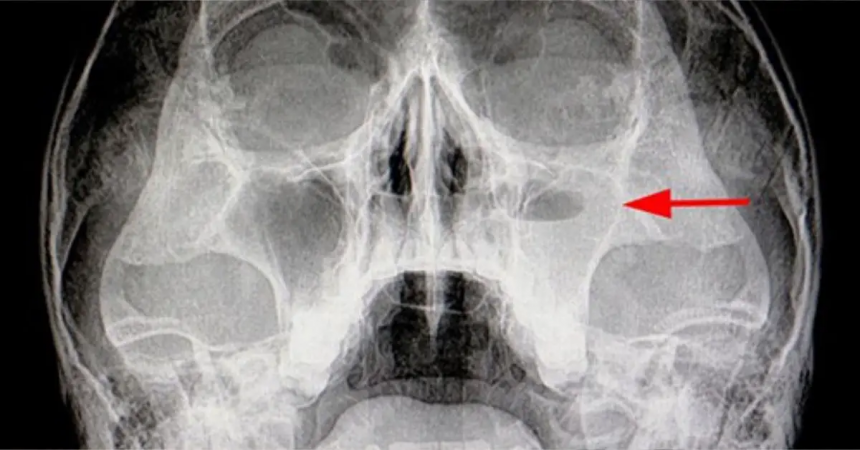If you suffer from a chronic blocked nose, you’re not alone – it affects 11% of people in the US. Chronic sinusitis can lead to headaches, difficulty focusing, and even depression. Recent studies have found that this chronic inflammation may have an impact on the brain.
Chronic Blocked Nose Alters Brain Activity
Chronic rhinosinusitis, characterized by consistent sinus inflammation, has been linked to changes in neural pathways that regulate cognition, introspection, and response to external stimuli. This condition often requires long-term treatment, sometimes even surgery. While previous studies have focused on the effects of chronic rhinosinusitis, this study is the first to connect it to brain alterations.
“Now we have a prospective mechanism for what we observe clinically,” said Dr. Aria Jafari, a surgeon and assistant professor at the University of Washington School of Medicine.
How The Study Worked
Researchers analyzed functional MRI scans of individuals with chronic sinusitis and a control group. They found:
- Decreased connectivity in the frontoparietal network
- Increased connectivity in the default-mode network
- Decreased connectivity in the salience network
“The subjective symptoms of attention decline or difficulties to focus in individuals with sinus inflammation might be associated with subtle changes in brain communication,” said co-author Dr. Kristina Simonyan.
More Meaningful Symptoms If The Chronic Blocked Nose Is Left Untreated
Untreated chronic sinusitis may lead to more significant symptoms, possibly even cognitive decline. Further research is needed to understand the connection between sinus inflammation and brain activity.
“We could look for inflammatory markers in patients’ bloodstreams to track changes in brain activity post-treatment,” said Dr. Jafari.
This information can help specialists address both the physical and mental aspects of chronic blocked nose symptoms.
Sources
- “Chronic sinus inflammation appears to alter brain activity.” Newsroom. April 8, 2021.
- “Association of Sinonasal Inflammation With Functional Brain Connectivity.” JAMA Network. Aria Jafari, MD, et al. April 8, 2021.






